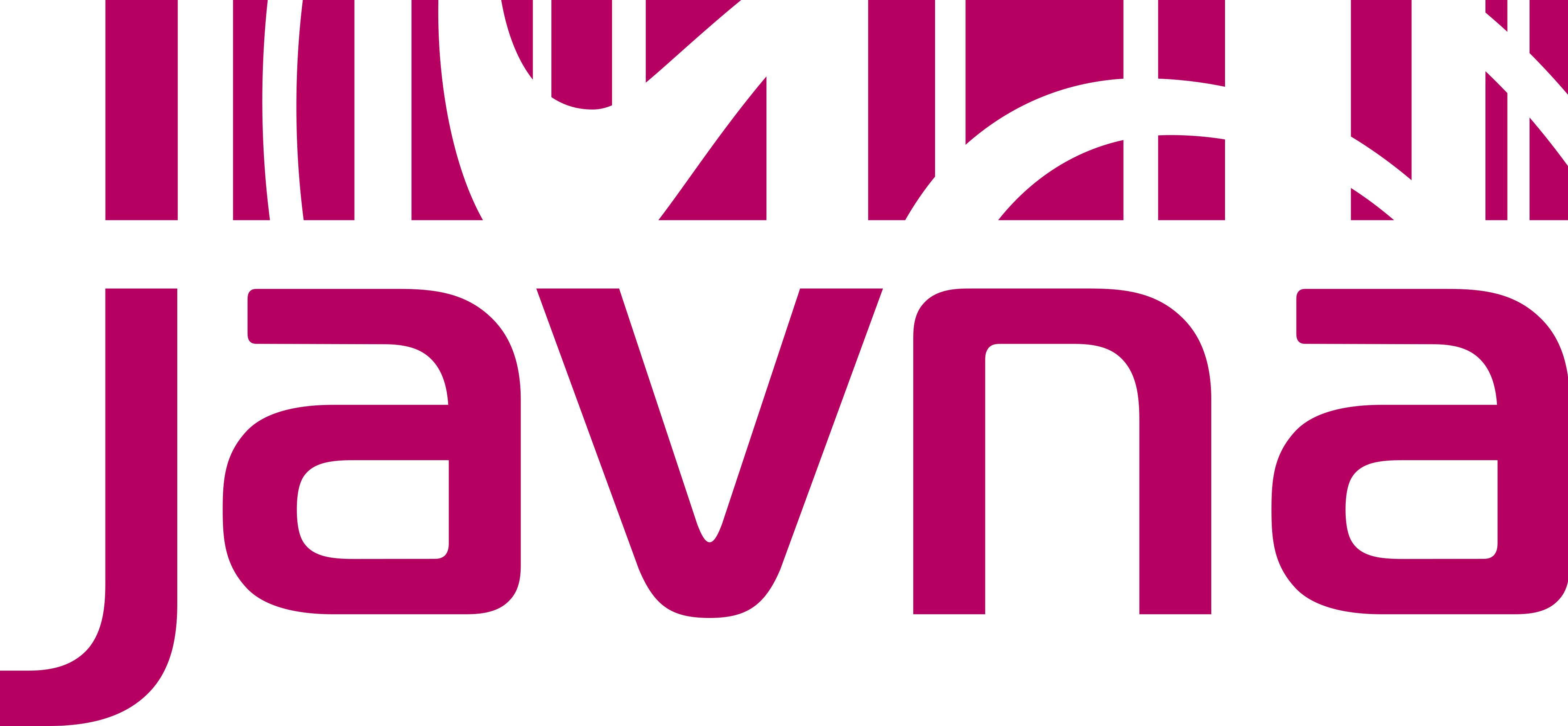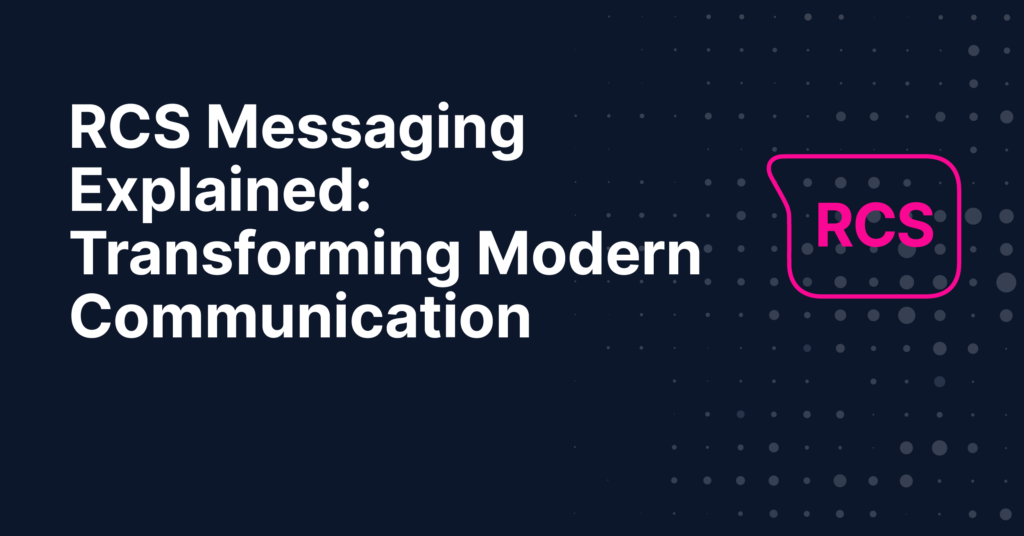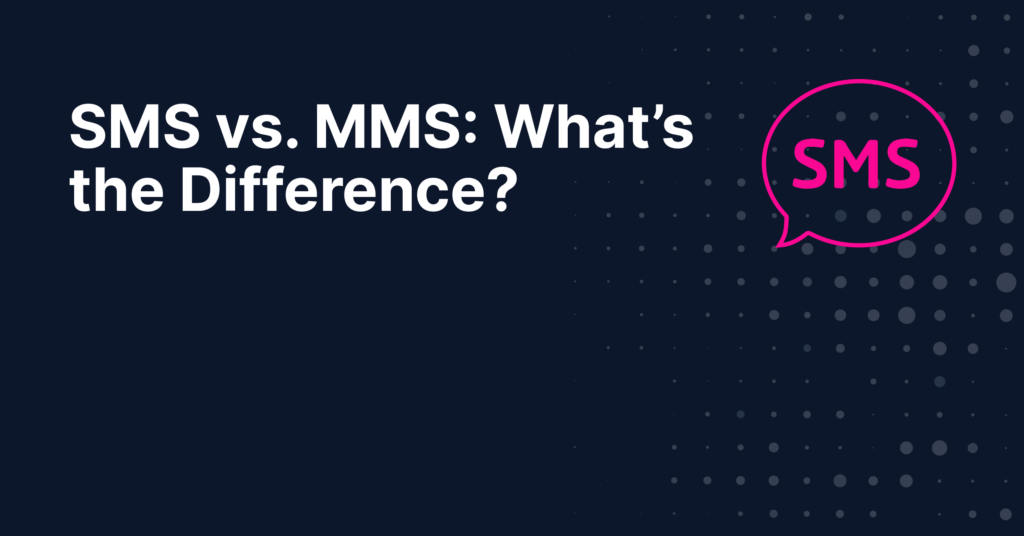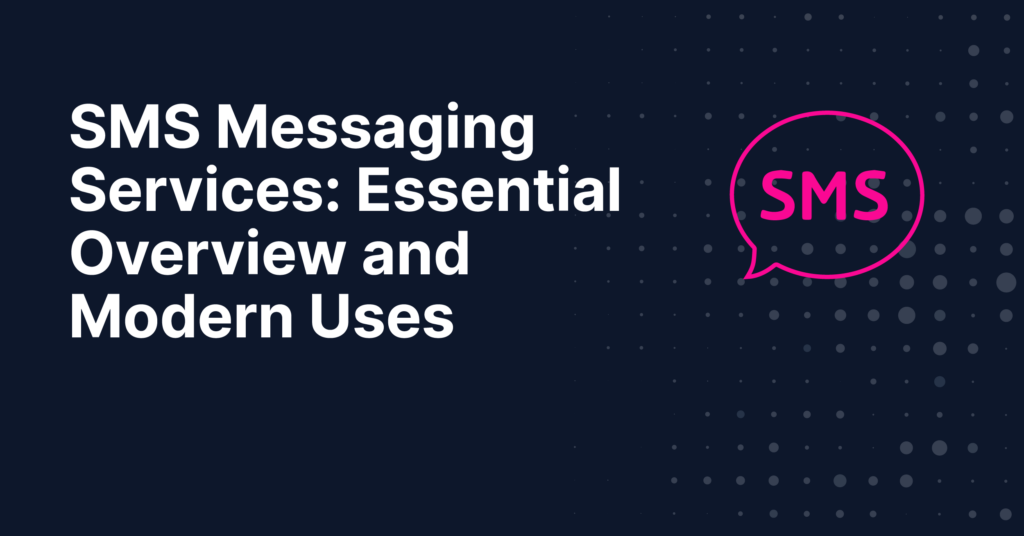RCS Messaging represents the next leap in mobile communication, offering a richer, more interactive experience than traditional SMS. This article delves into the world of Rich Communication Services (RCS), outlining its key features, how it differs from standard messaging, and the benefits it brings to modern communication. From enhanced media sharing to improved business interaction, you’ll discover how RCS sets new standards for connecting and communicating. Whether for personal use or enterprise solutions, understanding RCS Messaging opens doors to a more connected and dynamic future.
1. What is RCS Messaging?
Rich Communication Services (RCS) is an advanced messaging protocol developed to enhance traditional mobile messaging with a host of rich media features. Emerging as a successor to standard SMS, RCS was developed by industry leaders under the GSM Association to modernize messaging with capabilities akin to popular instant messaging apps.
Functionally, RCS goes beyond text, allowing for the sharing of high-resolution photos, videos, and audio messages. It also supports group chats, video calls, and file sharing, all integrated within the user’s default messaging app. Unlike SMS, RCS can work over mobile data or Wi-Fi and offers read receipts and typing indicators, much like modern messaging applications.
The development of RCS aimed to create a unified, feature-rich messaging standard that could be universally adopted across carriers and devices, thereby enhancing the overall user experience in mobile communication.
2. The Evolution from SMS to RCS
The transition from traditional SMS to RCS marks a significant evolution in mobile messaging. While SMS has been the standard for basic text communication since its inception, its limitations in terms of content and interaction have become more apparent in the age of smartphones and high-speed internet.
RCS emerges as a modern solution, building upon the foundation of SMS while introducing a suite of advanced features that align with current technological trends. It bridges the gap between traditional SMS and the more dynamic capabilities of instant messaging apps. With RCS, users are not just limited to plain text; they can enjoy rich media sharing, group chats, and enhanced interactive elements, all within their native messaging platforms.
This evolution signifies a shift towards more immersive and engaging mobile communication, fulfilling the modern user’s expectations for a seamless, multimedia-rich messaging experience.
3. Key Features of RCS Messaging
RCS Messaging stands out from traditional messaging services with its distinctive features:
- Rich Media Sharing: RCS allows sending and receiving high-resolution images, videos, and audio, offering a more immersive messaging experience.
- Enhanced Group Chat: Users can create group chats with advanced management features, similar to those found in instant messaging apps.
- Read Receipts and Typing Indicators: RCS provides real-time notifications such as read receipts and typing indicators, enhancing the interactivity of conversations.
- File Sharing and Larger Attachments: Unlike traditional SMS, RCS supports the sharing of larger files and attachments, facilitating more versatile communication.
- Improved Security: RCS includes enhanced security features, providing a safer and more secure.
4. Benefits of RCS Messaging in Communication
RCS Messaging offers several advantages that enhance both personal and business communication:
- Engaging User Experience: With the ability to share multimedia content, RCS enriches personal interactions and business presentations, making them more engaging.
- Enhanced Efficiency in Communication: Features like group chats and file sharing streamline communication, making it more efficient for both personal use and collaborative business environments.
- Improved Customer Engagement: For businesses, RCS opens up new avenues for customer interaction through rich media marketing, promotions, and customer service, leading to improved engagement.
- Versatility: RCS’s flexibility in handling various types of content makes it a versatile tool, suitable for a wide range of communication needs.
- Increased Reliability and Security: Enhanced security features in RCS ensure safer communication, vital for both personal privacy and secure business transactions.
These benefits underscore RCS’s role in advancing modern communication, offering a more dynamic, secure, and efficient way to connect.
5. RCS vs. Other Messaging Platforms
Here’s a comparative analysis of RCS with other popular messaging platforms:
| Feature | RCS | SMS | MMS | Instant Messaging Apps |
| Media Sharing | Supports images, videos, audio | Text-only | Supports images, limited video/audio | Supports diverse multimedia |
| Message Length | No strict limit, supports longer messages | Limited to 160 characters | Longer than SMS, varies by network | Typically, no limit |
| Group Messaging | Advanced group chat features | Basic, not standardized | Basic, not standardized | Advanced group chat features |
| Read Receipts/Typing Indicators | Available | Not available | Not available | Available |
| File Sharing | Supports large file transfers | Not supported | Limited support | Supports large file transfers |
| Interactivity | High with enhanced features | Low, basic text communication | Moderate, enhanced over SMS | High, interactive features |
| Security | Enhanced security features | Basic, lacks encryption | Basic, lacks encryption | Varies, some offer end-to-end encryption |
| Network Dependency | Requires data or Wi-Fi | Cellular network only | Cellular network, often with data for media | Requires internet connection |
6. Implementing RCS in Business Strategies
The integration of RCS (Rich Communication Services) into business communication strategies offers significant potential for enhancing customer engagement:
- Rich Marketing Campaigns: Businesses can utilize RCS to create interactive and visually appealing marketing campaigns. The ability to include multimedia elements like images and videos can significantly boost the attractiveness and effectiveness of promotional messages.
- Improved Customer Support: RCS allows for a more interactive customer service experience. Features, like read receipts and typing indicators, make communication more responsive, and the capability to share images or videos can help in resolving customer queries more effectively.
- Enhanced Engagement: The interactive nature of RCS can lead to increased customer engagement. Businesses can send tailored, media-rich messages that are more likely to capture customers’ attention and encourage interaction.
- Streamlined Communication: RCS can streamline communication processes with features like group messaging and file sharing, making it easier to disseminate information both internally within the company and externally to customers.
Implementing RCS in business strategies opens up new avenues for engaging with customers in a more dynamic and impactful way, leveraging the latest advancements in messaging technology.
7. Challenges and Considerations
While RCS offers many advantages, there are challenges and considerations in its adoption:
- Compatibility and Adoption: RCS requires both sender and receiver to have RCS-enabled devices and networks, which can limit its reach compared to universal SMS.
- Infrastructure Investment: Implementing RCS may require significant investment in infrastructure and technology upgrades, particularly for businesses.
- User Privacy and Security: Although RCS has enhanced security features, the handling of personal data and multimedia content necessitates stringent data protection measures.
- Network Dependence: RCS relies on data connectivity, which can be a limitation in areas with poor internet service, affecting message delivery and user experience.
8. Future Outlook of RCS Messaging
The future of RCS Messaging appears promising as it continues to evolve within the digital communication landscape:
- Wider Adoption: As more devices and networks become RCS-enabled, its adoption is expected to grow, potentially making it a standard in mobile communication.
- Technological Advancements: Future developments in RCS technology may include enhanced interactivity, integration with AI and IoT, and more robust security features, further enriching the user experience.
- Business Integration: RCS is likely to see increased integration into business communication strategies, offering advanced solutions for marketing, customer service, and internal communication.
- Global Communication Shift: With its rich features and capabilities, RCS is poised to play a significant role in the shift towards more dynamic and multimedia-rich communication methods globally.
These speculations suggest a future where RCS Messaging becomes a key player in the ever-evolving digital communication sphere, offering advanced solutions that meet the growing demands for richer and more interactive messaging.
9. Conclusion
In conclusion, RCS Messaging represents a significant advancement in the realm of digital communication. By offering features far beyond traditional SMS, such as rich media sharing, enhanced interactivity, and improved group chat capabilities, RCS is setting a new standard in how we connect and communicate. Its potential for deeper customer engagement and streamlined communication makes it a valuable asset in both personal and business contexts. As the digital world continues to evolve, RCS stands poised to play a crucial role in shaping the future of mobile messaging, marking its significance in the modern communication landscape.
10. FAQs
-
Is RCS better than SMS?
RCS (Rich Communication Services) offers advanced features compared to traditional SMS, such as rich media sharing, enhanced group chat capabilities, and read receipts. These features provide a more interactive and engaging user experience, making RCS a more versatile option for modern communication needs. However, SMS still has the advantage of universal compatibility and simplicity. Whether RCS is better depends on the specific requirements and context of the communication.
-
Should I turn off RCS?
Turning off RCS should be considered based on your specific communication needs and preferences. If you prefer the advanced features of RCS, like multimedia messaging and enhanced interaction, keeping it on is beneficial. However, if you face issues with message delivery, and compatibility, or prefer the simplicity and universal reach of traditional SMS, then turning off RCS might be a better choice. Ultimately, the decision depends on how you prioritize the features and functionality of your messaging services.
-
Is RCS better than WhatsApp?
RCS (Rich Communication Services) and WhatsApp serve different purposes, and which one is “better” depends on your specific needs. RCS offers enhanced messaging features like read receipts and typing indicators and is integrated with your phone’s messaging app, making it a native solution. WhatsApp, on the other hand, is a standalone messaging app with a broader user base and features like voice and video calls. The choice between them comes down to personal preference and use case.
-
Does RCS cost money?
No, RCS messaging does not typically cost extra money beyond your standard data or messaging plan from your mobile carrier. It’s often included as part of your mobile service plan and uses data or Wi-Fi for sending messages, similar to traditional SMS. However, it’s essential to check with your specific carrier to confirm any potential charges or data usage associated with RCS messaging.



